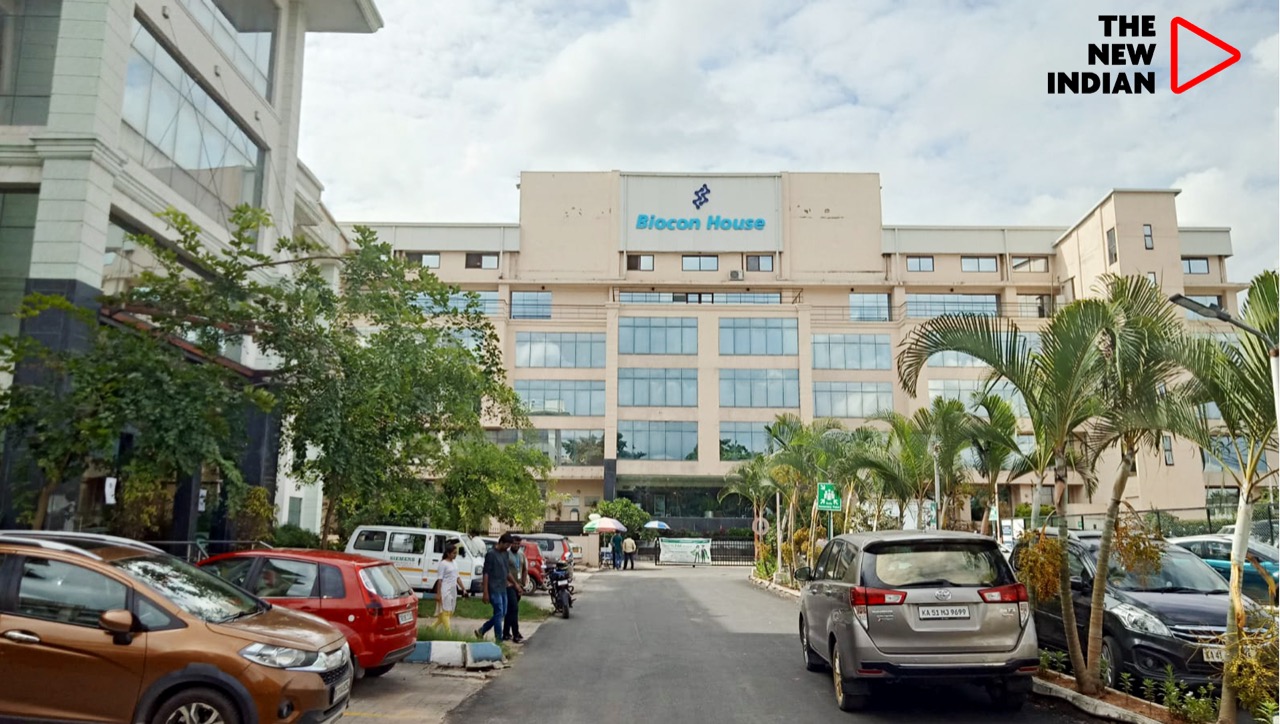After languishing in Tihar jail for almost two and a half months, three of the accused in the alleged Biocon graft case were granted bail by the Delhi High Court on Tuesday.
The court directed the three accused – Joint Drugs Controller S Eswara Reddy, Biocon’s Associate VP L Praveen Kumar and Synergy Network India Pvt. Ltd. Director Dinesh Dua – to submit their passports and stay within reach of the investigating officer during their bail. The court also ordered the applicants not to make any attempt to influence prosecution witnesses.
While granting the bail, Justice Anu Malhotra said that the accused are allowed to be released on bail on a personal bond of Rs 1 lakh each with two sureties of similar amount.
The accused were found to be involved in a case of corruption where Biocon Biologics allegedly waived off the third phase of the clinical trial of ‘Insulin Aspart’ injection in India. According to the Central Bureau of Investigation (CBI), the deal was fixed for about Rs 9 lakh. However, the accused were caught red-handed with Rs 4 lakh in cash.
They were arrested on June 20 along with two others – Director of Bioinnovat Research Private Limited Guljit Sethi and Assistant Drug Inspector at Central Drugs Standard Control Organisation (CDSCO) Animesh Kumar – following raids by the CBI in Delhi and NCR. The bail of the other two is yet to be granted as there was delay in filing their petitions.
The court also directed the applicants shall under no circumstances leave the country; appear before the trial court as and when directed; keep their mobile phones switched on at all times and drop a pin on the Google map to ensure that their location is available to the investigating officer. The applicants shall commit no offence whatsoever during the bail period, it added.
The court also considered that the probe into the case was complete, voice samples of the accused persons were also taken, the charge sheet has been filed and the trial in the matter would take ample time. “Undoubtedly, the offence alleged to have been committed (if proved) by the applicants is grave,” the court pointed out.
Justice Malhotra also said, “There is nothing to indicate that the recommendation made by the Special Expert Committee (SEC) for waiver of Phase-III clinical trial in India to Biocon Biologics for import and marketing of ‘Insulin Aspart’ injection has been approved and given effect to by the Drug Controller General of India (DGCI) of the Central Drugs Standard Control Organisation (CDSCO).”
In its statement to the media, Biocon said: “We are grateful that the honorable high court has granted bail to our employee, Praveen Kumar. Biocon Biologics is governed by a strong code of ethics and integrity and has adopted global best practices in corporate governance and business responsibility.” It added, “All its employees, as well as its consultants, suppliers and partners, are bound by a very strong code of conduct that has detailed requirements on anti-bribery and anti-corruption. The company condemns all acts of corruption and violation of its code of conduct.”
Biocon Biologics’ products are developed and manufactured in strict compliance with global regulatory guidelines and are backed by science and clinical data, the statement further said. “We reiterate our faith in the Indian judiciary and believe truth will prevail,” it added.
Rajat Mathur, the counsel for Dinesh Dua, told The New Indian: “Today, the Hon’ble Delhi High Court was pleased to grant regular bail to my client Dinesh Dua, renowned pharmacist, primarily on grounds, inter-alia, that charge sheet has been filed, his voice sample taken.”
“Offences alleged by the CBI are punishable with maximum of seven years, material is there on record to suggest that Dua has deep roots in society and is not a flight risk and notably alleged recovery in this case is not pursuant to any usual trap proceedings and consideration of credibility of circumstantial evidence will have to be assessed in trial cannot be overlooked,” Mathur said.












